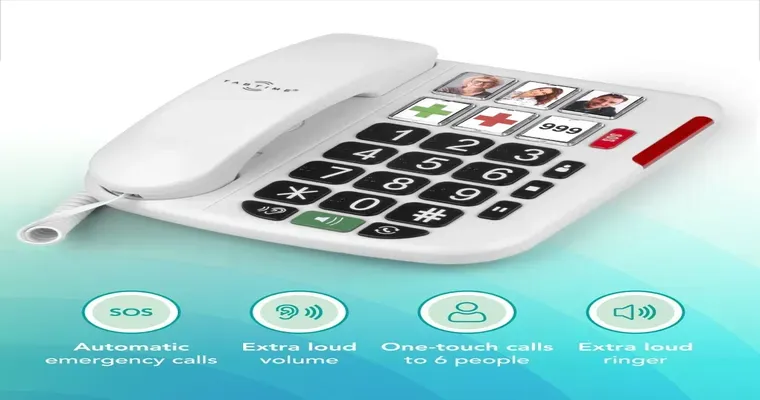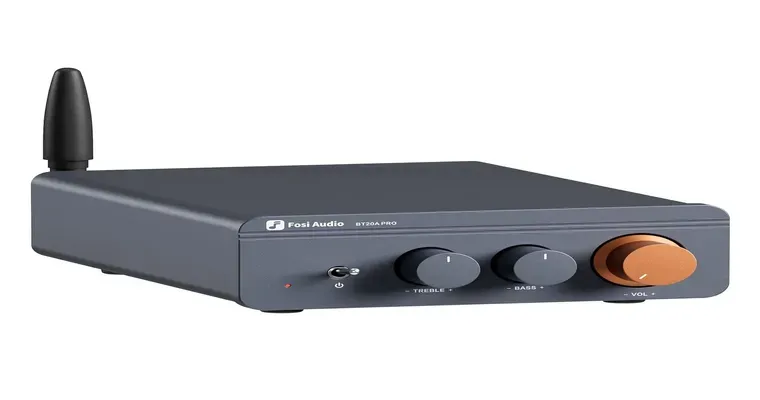Finding the right "telephone types" for "hearing impaired seniors" can be a challenge, especially when dealing with conditions like "Alzheimer's disease". If your mom uses "hearing aids" but struggles during phone calls, it is essential to explore options that cater to her unique needs. This article will guide you through the best telephone types available, ensuring your loved one stays connected without unnecessary frustration.
Understanding the Needs of Hearing Impaired Seniors
Seniors with hearing impairments often face difficulties with traditional phone systems, which may not accommodate their specific requirements. Additionally, cognitive conditions like Alzheimer's can complicate communication further. It is crucial to look for telephones designed with features that enhance sound clarity and ease of use.
Key Features to Consider
When selecting a telephone for hearing impaired seniors, consider the following features:
1. "Amplified Sound": Phones with built-in amplifiers can significantly boost the volume of the caller's voice, making conversations clearer.
2. "Visual Alerts": Models that include visual alerts, such as flashing lights, can help seniors with hearing loss know when a call is incoming, ensuring they do not miss important calls.
3. "Large Buttons": Telephones with large, easy-to-read buttons can help seniors who may struggle with fine motor skills or cognitive impairment, making dialing more straightforward.
4. "Hearing Aid Compatibility": Look for phones that are hearing aid compatible (HAC). These devices can work seamlessly with hearing aids, allowing for a more comfortable listening experience.
5. "Speakerphone Functionality": A speakerphone option can make it easier for seniors to engage in conversations, as they can hear the sound better and respond without having to hold the phone to their ear.
Recommended Telephone Types
Here are some of the best telephone types for hearing impaired seniors with Alzheimer's:
1. "Amplified Corded Phones": These phones provide significant volume control and often include features like extra loud ringtones and visual alerts. They are also simpler than mobile phones, which can be beneficial for seniors with cognitive challenges.
2. "Amplified Cordless Phones": Cordless options offer mobility, allowing seniors to move around the house while on the phone. Many models come with amplification features and visual alerts.
3. "Captioned Phones": Captioned phones display real-time captions of the conversation on a screen, allowing seniors to read what the other person is saying. This can be particularly helpful for those who have both hearing loss and cognitive difficulties.
4. "Smartphones with Accessibility Features": While smartphones can be more complex, many come with accessibility features such as voice-to-text and adjustable volume settings. Consider simplifying the interface and providing training to help your mom adapt to using a smartphone.
Tips for Improving Phone Communication
In addition to choosing the right telephone, consider these tips to enhance communication:
"Choose a Quiet Environment": Encourage phone calls to take place in a quiet setting to minimize background noise, which can be distracting and make it harder to hear.
"Speak Clearly": When speaking, ensure you articulate words clearly and avoid speaking too quickly. This can help your mom understand better.
"Use Visual Cues": If possible, use a video calling app that allows for visual communication. This can bridge the gap between hearing and understanding.
Conclusion
Selecting the right telephone types for hearing impaired seniors is vital in ensuring effective communication, especially for those with Alzheimer's. By considering features like amplified sound, large buttons, and hearing aid compatibility, you can help your mom stay connected with family and friends. With the right tools and strategies, talking on the phone can become a more enjoyable experience for her.





